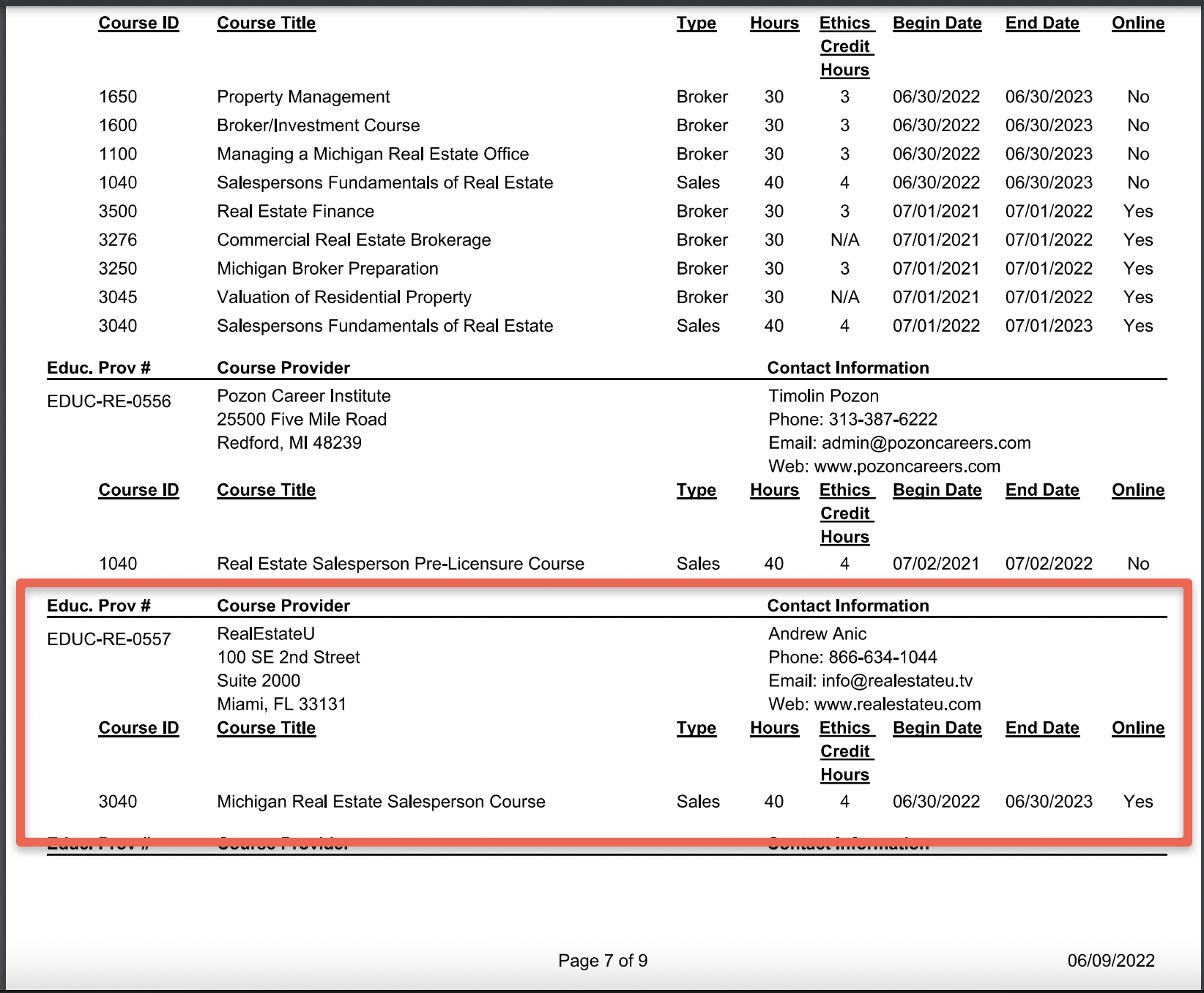
Real estate investments are the best way of generating passive income. There are many ways to achieve this goal but the most popular is renting property. With a low entry fee and minimal upkeep, it's no wonder that this is a popular choice for a growing number of retirees and aspiring business owners.
If you're considering a residential or commercial property for your next investment, there are a few things you need to know. First, it is important to understand the laws of supply-demand. It is becoming a more attractive investment because rental prices are increasing.
Consider the tax rates that may apply to your potential investments. Commercial properties are typically more expensive and require higher initial investments. But they can provide steady and consistent income. They also have a higher chance of becoming a profitable long-term investment.

You can also purchase real estate mortgage notes to earn passive income. These notes are bought from a lender, and can then be sold to another buyer. This type of investment can be especially beneficial if it is possible to avoid the headaches and expenses of leasing your own home.
You can also generate passive income by buying turnkey properties. These homes and apartments can be purchased on many platforms.
You could also try your luck with real estate crowdfunding. To get started in real estate, you might be able to invest a few thousand bucks. Or, you could choose a lending platform to suit your budget and needs.
Hire a property manger to earn passive income. Some companies are legitimate, while others are scams. An experienced property manager can make it easy to invest in real estate. This method is not for everyone. A property manager can be a big decision.

Finally, if you're thinking of a multifamily property, you'll need to consider how the funding will go down. Multifamily properties generally have higher initial investments but can provide long-term steady returns. But the downside is that these properties have a longer vacancy period.
There are many ways you can generate passive income through real estate. However, it is best to invest in quality properties that are both in good locations and have high occupancy rates. Direct investment is always risky. That said, you can still get some great deals if you do your homework.
You still have many options to create a strong portfolio, even though the realty market is very crowded. Depending on your goals and liquidity, you can decide whether or not to take the more traditional route of buying a whole home or taking a more creative approach.
FAQ
How can I get rid Termites & Other Pests?
Your home will eventually be destroyed by termites or other pests. They can cause damage to wooden structures such as furniture and decks. To prevent this from happening, make sure to hire a professional pest control company to inspect your home regularly.
Can I buy my house without a down payment
Yes! Yes. There are programs that will allow those with small cash reserves to purchase a home. These programs include conventional mortgages, VA loans, USDA loans and government-backed loans (FHA), VA loan, USDA loans, as well as conventional loans. For more information, visit our website.
Is it possible for a house to be sold quickly?
It may be possible to quickly sell your house if you are moving out of your current home in the next few months. But there are some important things you need to know before selling your house. First, you will need to find a buyer. Second, you will need to negotiate a deal. Second, prepare the house for sale. Third, your property must be advertised. Finally, you need to accept offers made to you.
What are the most important aspects of buying a house?
The three most important things when buying any kind of home are size, price, or location. Location is the location you choose to live. Price refers to what you're willing to pay for the property. Size refers the area you need.
How many times do I have to refinance my loan?
This is dependent on whether the mortgage broker or another lender you use to refinance. In either case, you can usually refinance once every five years.
How can I determine if my home is worth it?
If your asking price is too low, it may be because you aren't pricing your home correctly. If your asking price is significantly below the market value, there might not be enough interest. For more information on current market conditions, download our Home Value Report.
Do I need a mortgage broker?
A mortgage broker may be able to help you get a lower rate. A broker works with multiple lenders to negotiate your behalf. Some brokers earn a commission from the lender. Before you sign up for a broker, make sure to check all fees.
Statistics
- Over the past year, mortgage rates have hovered between 3.9 and 4.5 percent—a less significant increase. (fortunebuilders.com)
- It's possible to get approved for an FHA loan with a credit score as low as 580 and a down payment of 3.5% or a credit score as low as 500 and a 10% down payment.5 Specialty mortgage loans are loans that don't fit into the conventional or FHA loan categories. (investopedia.com)
- Private mortgage insurance may be required for conventional loans when the borrower puts less than 20% down.4 FHA loans are mortgage loans issued by private lenders and backed by the federal government. (investopedia.com)
- Based on your credit scores and other financial details, your lender offers you a 3.5% interest rate on loan. (investopedia.com)
- This seems to be a more popular trend as the U.S. Census Bureau reports the homeownership rate was around 65% last year. (fortunebuilders.com)
External Links
How To
How to find an apartment?
The first step in moving to a new location is to find an apartment. This takes planning and research. This involves researching neighborhoods, looking at reviews and calling people. Although there are many ways to do it, some are easier than others. Before renting an apartment, you should consider the following steps.
-
Online and offline data are both required for researching neighborhoods. Online resources include Yelp and Zillow as well as Trulia and Realtor.com. Other sources of information include local newspapers, landlords, agents in real estate, friends, neighbors and social media.
-
See reviews about the place you are interested in moving to. Yelp and TripAdvisor review houses. Amazon and Amazon also have detailed reviews. You may also read local newspaper articles and check out your local library.
-
To get more information on the area, call people who have lived in it. Ask them what they liked and didn't like about the place. Also, ask if anyone has any recommendations for good places to live.
-
Be aware of the rent rates in the areas where you are most interested. If you think you'll spend most of your money on food, consider renting somewhere cheaper. On the other hand, if you plan on spending a lot of money on entertainment, consider living in a more expensive location.
-
Find out information about the apartment block you would like to move into. For example, how big is it? How much does it cost? Is it pet friendly What amenities does it have? Are there parking restrictions? Are there any rules for tenants?